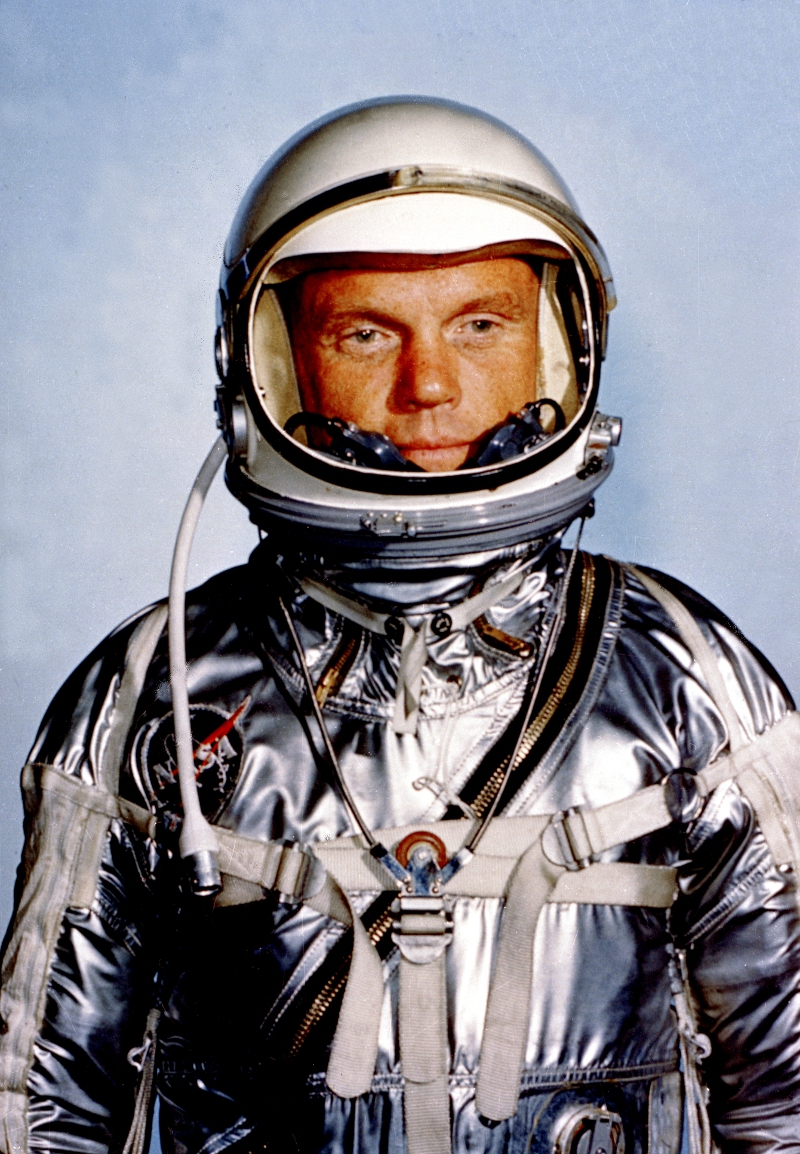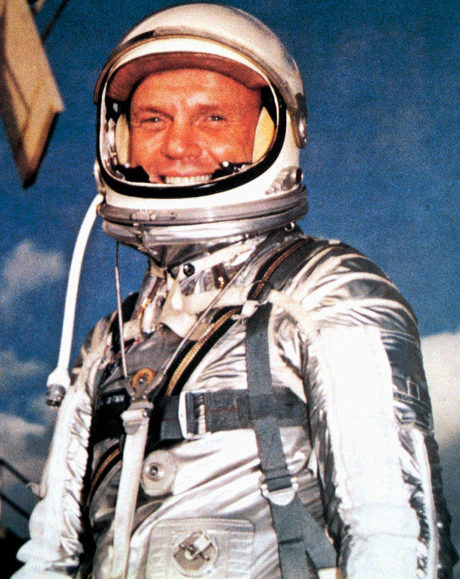
Sadly, John Glenn, spaceman and Senator, has died at 95.
Glenn and his fellow astronauts of the 1960s were not in it for the money. They made an annual base salary of $13,000, which was supplemented to a degree by benefits and a small fee they shared from a Life magazine contract. Not bad pay in those days but certainly not commensurate with the risks endured.
Glenn, who piloted the Mercury 6, the first successful U.S. attempt to put a manned spaceship into orbit, explained his participation in the burgeoning space program in a 1961 Life cover story:
“A lot of people ask,” he reflected recently, “why a man is willing to risk hat, tail and gas mask on something like this. Well, we’ve got to do it. We’re going into an age of exploration that will be bigger than anything the world has ever seen. I guess I’m putting my family up against some risks. I could do other jobs which might increase my life expectancy. But this could help my kids, too. I want them to be better off than I was as a young man. With risks you gain.
“I’ve got a theory about this,” Glenn continued, speaking with great care. “People are afraid of the future, of the unknown. If a man faces up to it and takes the dare of the future, he can have some control over his destiny. That’s an exciting idea to me, better than waiting with everybody else to see what’s going to happen.”•
From his New York Times obituary by John Noble Wilford, who also wrote the paper’s 1969 “Men Walk On Moon” front-page article:
In just five hours on Feb. 20, 1962, Mr. Glenn joined a select roster of Americans whose feats have seized the country’s imagination and come to embody a moment in its history, figures like Lewis and Clark, the Wright brothers and Charles Lindbergh.
To the America of the 1960s, Mr. Glenn was a clean-cut, good-natured, well-grounded Midwesterner, raised in Presbyterian rectitude, nurtured in patriotism and tested in war, who stepped forward to risk the unknown and succeeded spectacularly, lifting his country’s morale and restoring its self-confidence.
It was an anxious nation that watched and listened that February morning, as Mr. Glenn, 40 years old, a Marine Corps test pilot and one of the seven original American astronauts, climbed into Friendship 7, the tiny Mercury capsule atop an Atlas rocket rising from the concrete flats of Cape Canaveral in Florida.
The Cold War had long stoked fears of nuclear destruction, and the Russians seemed to be winning the contest with their unsettling ascent into outer space. Two Russians, Yuri A. Gagarin and Gherman S. Titov, had already orbited Earth the year before, overshadowing the feats of two Americans, Alan B. Shepard and Virgil I. Grissom, who had been launched in separate missions only to the fringes of space.
What, people asked with rising urgency, had happened to the United States’ vaunted technology and can-do spirit?•


